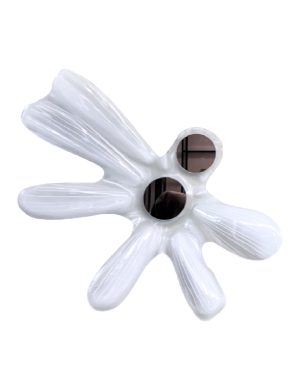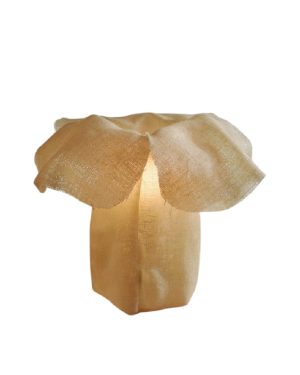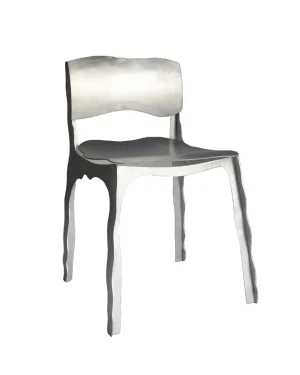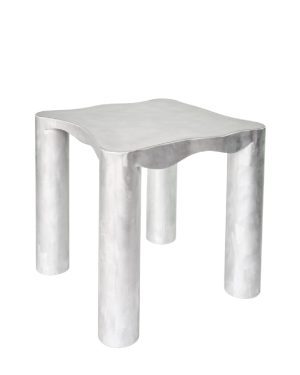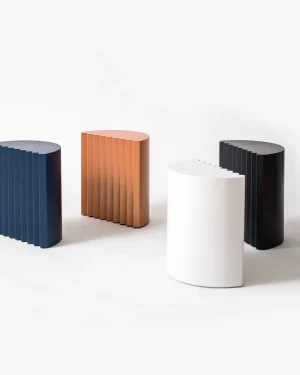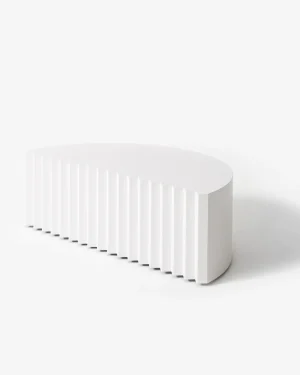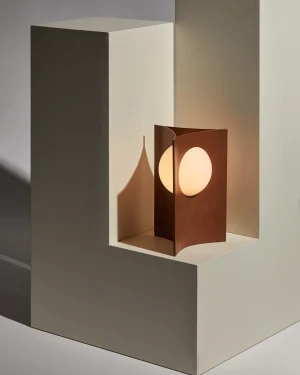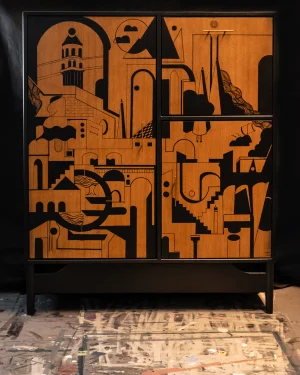Greek design is a testament to the country's rich cultural heritage, blending ancient traditions with contemporary aesthetics. It embodies a timeless elegance, marked by a deep appreciation for craftsmanship, artistry, and innovation.
- Ancient Inspiration: Drawing from Greece's classical past, Greek designers infuse their work with motifs, symbols, and architectural elements inspired by ancient Greek art and mythology.
- Contemporary Expression: Embracing modern design trends and techniques, Greek designers reinterpret traditional themes and materials to create innovative and relevant works of art and design.
- Craftsmanship Excellence: Renowned for their meticulous attention to detail and dedication to quality, Greek artisans uphold a tradition of craftsmanship that has been passed down through generations.
Contemporary Greek Designers
Greece is home to a vibrant community of designers who draw inspiration from their cultural heritage while embracing contemporary influences.
- Yiannis Vogdanis: Ceramicist who endeavors to materialize forms, patterns, vibrations, and subtle things that exist around us but oftentimes go unnoticed.
- Studio Aristotelis Barakos: An honest thinker and a dedicated maker, he works on every scale with a hands-on approach to creative problem-solving and strategic design methodologies.
- on ∙ entropy: Utilizes marble in unconventional ways and explores its diachronic qualities in an imaginative & contemporary way.
Commonly Used Materials in Greek Design
Greek designers utilize a variety of materials, often sourced locally, to create unique and visually striking designs.
- Marble: A quintessential material in Greek design, marble is prized for its timeless beauty and durability, used in architecture, sculpture, and home decor.
- Olive Wood: Symbolizing peace, wisdom, and prosperity, olive wood is a cherished material in Greek design, often used to create furniture, utensils, and decorative objects.
- Ceramics: With a rich tradition of pottery and ceramics, Greek designers incorporate ceramic vessels, tiles, and sculptures into their work, showcasing exquisite craftsmanship and artistry.
Defining Characteristics of Greek Design
Greek design is characterized by its elegance, simplicity, and reverence for tradition, reflecting the timeless beauty of Greece's landscapes, architecture, and cultural heritage.
- Elegance: Greek designers prioritize clean lines, minimalism, and sophistication in their designs, creating products that exude understated elegance and refinement.
- Simplicity: Inspired by the purity and clarity of Greek aesthetics, Greek design embraces simplicity and harmony, avoiding unnecessary ornamentation and complexity.
- Reverence for Tradition: Rooted in Greece's rich history and mythology, Greek design pays homage to ancient traditions and symbols, infusing contemporary creations with timeless significance and meaning.
Modern Perception of Greek Design
Today, Greek design is celebrated for its timeless beauty, craftsmanship, and cultural significance, continuing to inspire designers and enthusiasts around the world.
- Cultural Heritage: Rooted in a rich tradition of craftsmanship and artistic expression, Greek design continues to draw inspiration from the country's cultural heritage, while embracing new ideas and technologies.
- Contemporary Innovation: Embracing new materials and technologies, Greek designers are at the forefront of innovation, pushing the boundaries of design to create groundbreaking products that resonate with audiences worldwide.
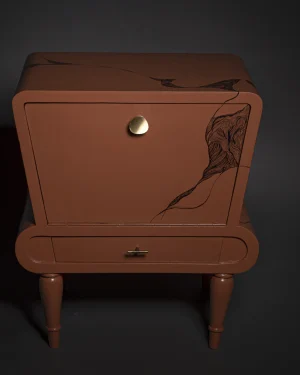 In stock
In stock
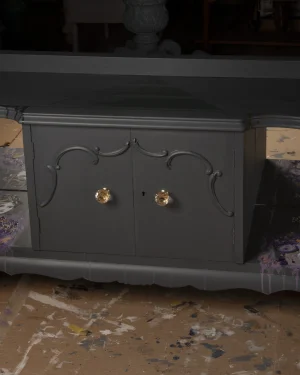
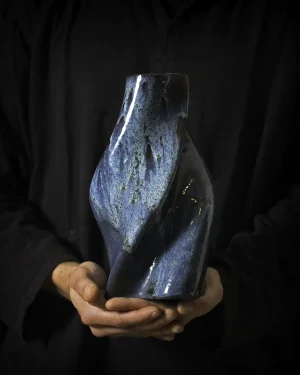 In stock
In stock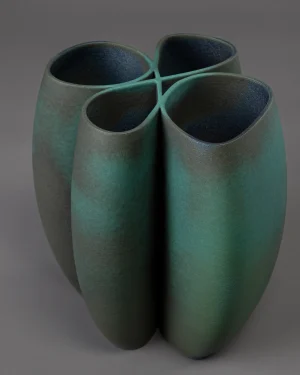 In stock
In stock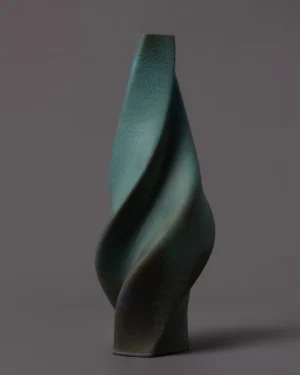 In stock
In stock In stock
In stock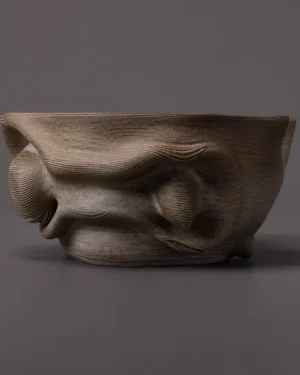 In stock
In stock In stock
In stock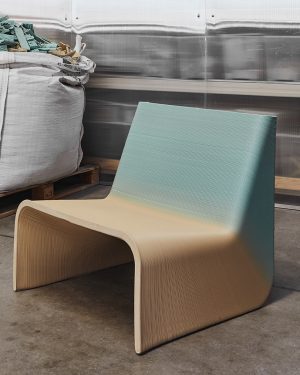 In stock
In stock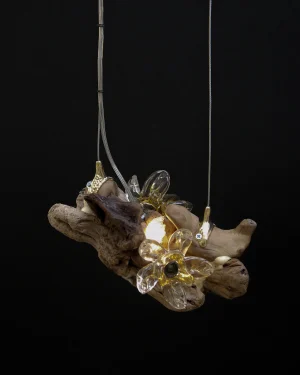 In stock
In stock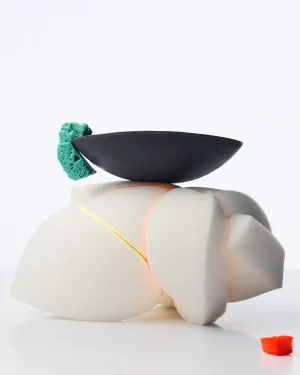 In stock
In stock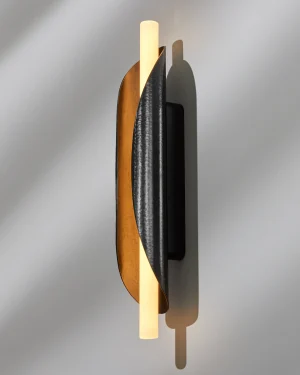 In stock
In stock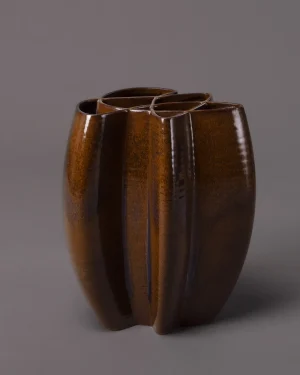
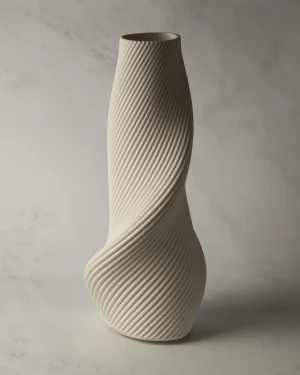 In stock
In stock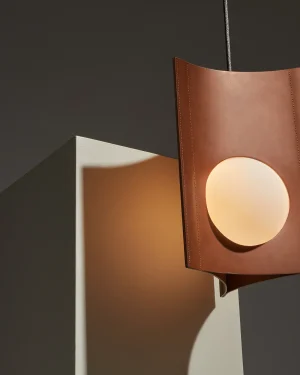
 In stock
In stock In stock
In stock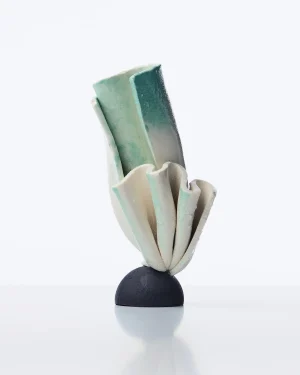
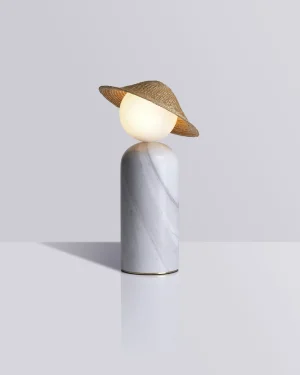 In stock
In stock In stock
In stock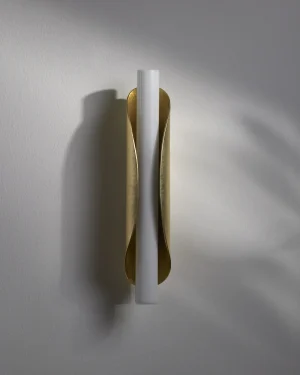
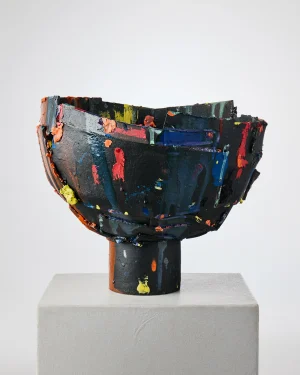 In stock
In stock
 In stock
In stock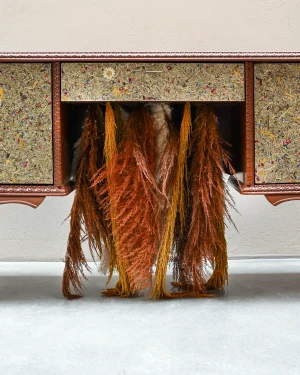 In stock
In stock In stock
In stock In stock
In stock In stock
In stock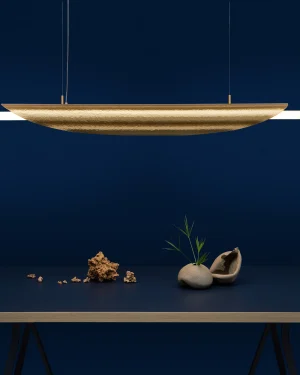 In stock
In stock
 In stock
In stock


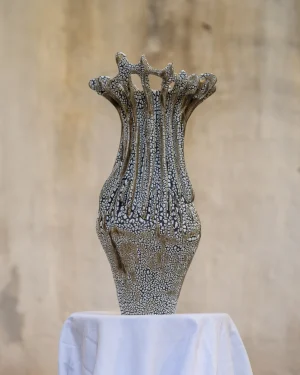 In stock
In stock In stock
In stock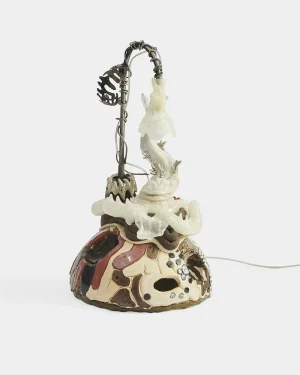
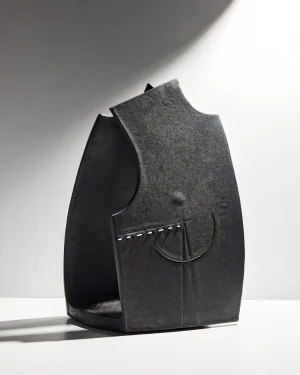 In stock
In stock In stock
In stock In stock
In stock In stock
In stock